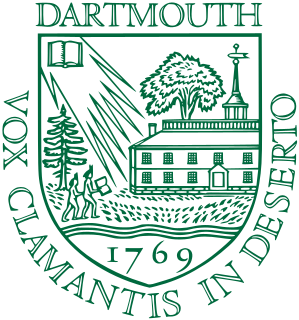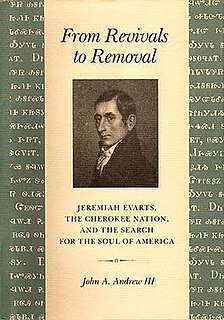
William Ellery Channing was the foremost Unitarian preacher in the United States in the early nineteenth century and, along with Andrews Norton (1786–1853), one of Unitarianism's leading theologians. Channing was known for his articulate and impassioned sermons and public speeches, and as a prominent thinker in the liberal theology of the day. His religion and thought were among the chief influences on the New England Transcendentalists although he never countenanced their views, which he saw as extreme. He espoused, especially in his "Baltimore Sermon" of May 5, 1819, given at the ordination of the theologian and educator Jared Sparks (1789–1866) as the first minister of the newly organized First Independent Church of Baltimore, the principles and tenets of the developing philosophy and theology of Unitarianism, leading to the organization in 1825 of the first Unitarian denomination in America and the later developments and mergers between Unitarians and Universalists, resulting finally in the Unitarian Universalist Association of America in 1961.

Jared Sparks was an American historian, educator, and Unitarian minister. He served as President of Harvard College from 1849 to 1853.

Octavius Brooks Frothingham, was an American clergyman and author.
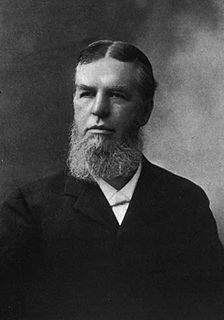
John White Chadwick was an American writer and clergyman of the Unitarian Church.

William Buell Sprague was an American Congregational and Presbyterian clergyman and compiler of Annals of the American Pulpit, a comprehensive biographical dictionary of the leading American Protestant Christian ministers who died before 1850.
Charles Russell Lowell Sr. was a Unitarian minister and a son of judge John Lowell.
Nathaniel Thayer was a congregational Unitarian minister.

Orville Dewey was an American Unitarian minister.
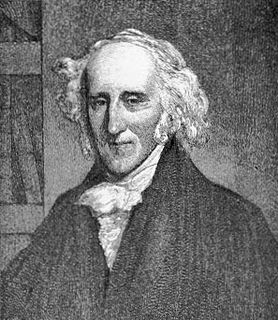
James Freeman was the minister of King's Chapel in Boston for 43 years and the first clergyman in America to call himself a Unitarian. Unlike New England liberal Congregationalist ministers, who approached Unitarianism through Arianism, he was Socinian in theology and developed links with Unitarians in England.
Charles Timothy Brooks was a noted American translator of German works, a poet, Transcendentalist and a Unitarian pastor.

John Gorham Palfrey was an American clergyman and historian who served as a U.S. Representative from Massachusetts. A Unitarian minister, he played a leading role in the early history of Harvard Divinity School, and he later became involved in politics as a State Representative and U.S. Congressman.
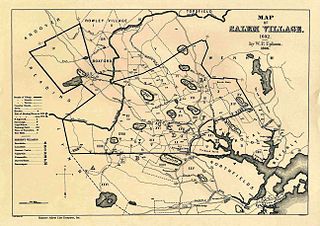
Rev. Dudley Leavitt (1720–1762) was a Congregational minister born in New Hampshire, educated at Harvard College, who led a splinter group from the First Church in Salem, Massachusetts, during a wave of religious ferment nearly a decade before the Great Awakening. Following Leavitt's death at age 42, his congregation elected to christen itself 'The Church of Which the Rev. Dudley Leavitt was late Pastor' after the charismatic preacher. Leavitt Street in Salem is named for the early minister.
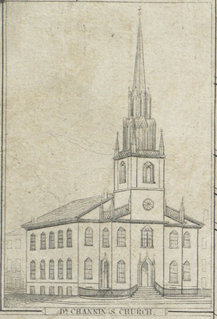
The Federal Street Church was a congregational unitarian church in Boston, Massachusetts. Organized in 1727, the originally presbyterian congregation changed in 1786 to "Congregationalism", then adopted the liberal theology of its fifth Senior Minister, William Ellery Channing, (1780-1842). For most of the 18th century the church was known as the Long Lane Meeting-House. In 1788, state leaders met in the relatively spacious building to determine Massachusetts' ratification of the United States Constitution. Thereafter the church renamed itself the Federal Street Church in honor of the event. In 1803, it called William Ellery Channing, (1780-1842), as its minister who defined "Unitarian Christianity" and launched the Unitarian movement, making the Federal Street Church one of the first to define itself as Unitarian.
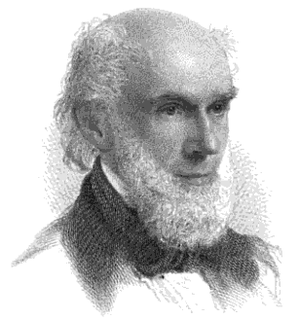
Ezra Stiles Gannett (1801–1871) was a unitarian minister in Boston, Massachusetts.
Ephraim Peabody was a Unitarian clergyman from the United States.
Noah Worcester was a Unitarian clergyman and a seminal figure in history of American pacifism.
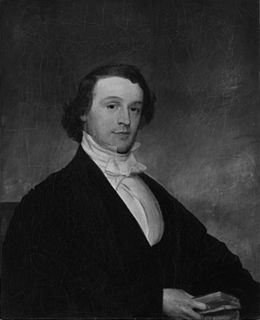
George Edward Ellis was a Unitarian clergyman and historian.
Samuel Kirkland Lothrop was a New England clergyman.

Samuel Cooper Thacher was an American clergyman and librarian.

Samuel Phillips was a minister and the first pastor of the South Church in Andover, Massachusetts. His son, John Phillips, was the founder of Phillips Exeter Academy, and his grandson, Samuel Phillips Jr., was the founder of Phillips Academy Andover and shortly the lieutenant governor of Massachusetts.


